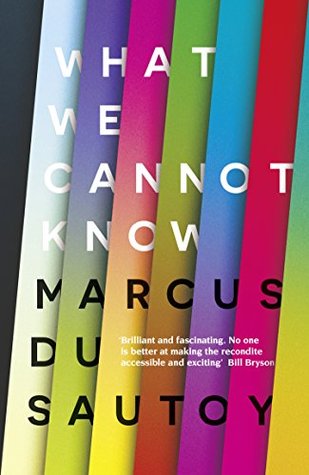Let p be the true statement among the two options: ‘there are an even number of dice in my house’ and ‘there are an odd number of dice in my house’. I don’t know which one is true, but one of them must be. The existence of an unknowable truth is squeezed out of the existence of this unknown truth. The following statement is an unknowable truth: ‘p is true but unknown’. It is certainly true. Why is this unknowable? Because to know this means I know that p is true and unknown, but that’s a contradiction because p can’t be unknown and known simultaneously.
Welcome back. Just a moment while we sign you in to your Goodreads account.


